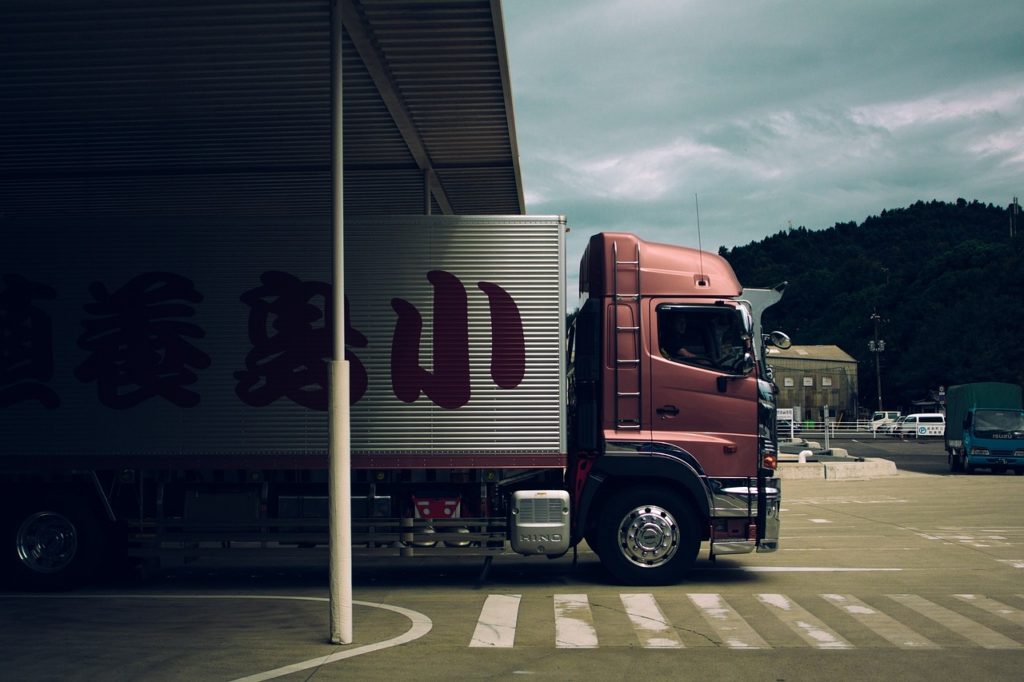After a truck collision, it is important to keep track of all details related to the accident. This includes the official police report, medical records, and information about the truck driver.
Additionally, it is helpful to have access to traffic camera footage and trucking company logs that provide valuable evidence after your truck collision. These may show poor maintenance practices or that a truck driver violated Hours of Service regulations.

The 4 Legal Process After A Truck Collision You Need To Know
Gathering Evidence
A truck collision is a major event, and it can be difficult to determine fault at the scene. Evidence supporting your claim can give you the confidence and peace of mind to move forward.
Physical evidence includes damage to the trucks and other vehicles, skid marks on the road, and debris from the crash. It also provides eyewitness statements and photographs. Recording what you remember as soon as possible is important because details can slip from memory.
Trucking company records can also be helpful evidence. For example, a trucker’s logbook can show how many hours they drove and when they took their required rest breaks. If they went too long and were drowsy at the time of the accident, this could support your claim that the truck driver was negligent.
Your attorney may consult with experts to review the evidence and offer opinions on how the accident occurred and who is liable for your damages. Some trucking companies will try to destroy or spoliate critical evidence or hide it, and your lawyer can work to prevent these actions.
Filing a Claim
Truck accident cases can be more complicated because multiple parties may be at fault for the collision, even though establishing fault is essential to any personal injury case. This covers the owner of the cargo, the truck driver, and the trucking company.
An expert truck accident Longview attorney can evaluate your case’s facts and demonstrate fault in crucial ways. A lawyer could, for instance, go through the truck driver’s logs to determine whether the driver went over the federal speed limit or neglected to take enough breaks.
Additionally, a lawyer can request your medical records and gather other documents like paycheck stubs or W-2 forms to calculate the full cost of your injuries. To secure just compensation for you, your attorney may also bargain with the insurance company of the trucking company. Your lawyer may bring legal action against the responsible party if talks break down. Depending on your crash’s specifics and your case’s strength, this process may take years.

Negotiating a Settlement
Often, a settlement can be expensive and faster than litigation. If your attorney believes a settlement is in your best interest, they will negotiate with the trucking company or insurance companies on your behalf.
They will write a demand letter detailing the wrongs you’ve experienced and the damages you need to be made whole. The insurers of the negligent party will receive this letter.
Most likely, the insurance adjuster will respond with a lowball offer. This is frequently a ruse to determine if you need money and want an explanation of the real worth of your claim. Your lawyer will carefully consider the offer and work to raise it.
Filing a lawsuit and Goparty’s trial takes several years in some cases. However, your attorney will handle the legal proceedings while you focus on healing and recovering. A well-drafted demand letter and skilled negotiation help ensure you receive an appropriate settlement that covers your losses.

Going to Court
Whenever there is more than one party to a truck accident, it may be difficult to determine who is liable and thus responsible for your financial damages. This is because many people in the trucking industry work for companies, and these employers often have their lawyers who might try to deny or minimize your claims.
You must never admit fault or responsibility for a crash to anyone. This includes speaking with police, truck drivers or representatives of their insurance providers. Also, please do not post anything on social media about the incident because it could be used against you later in depositions or court.
You may be able to sue the truck driver and their employer for negligence on occasion. This could be driving while intoxicated, neglecting to take breaks prescribed by the industry, or setting excessive delivery deadlines. In certain circumstances, you may be entitled to reimbursement for lost wages, medical expenses, and auto repairs.
